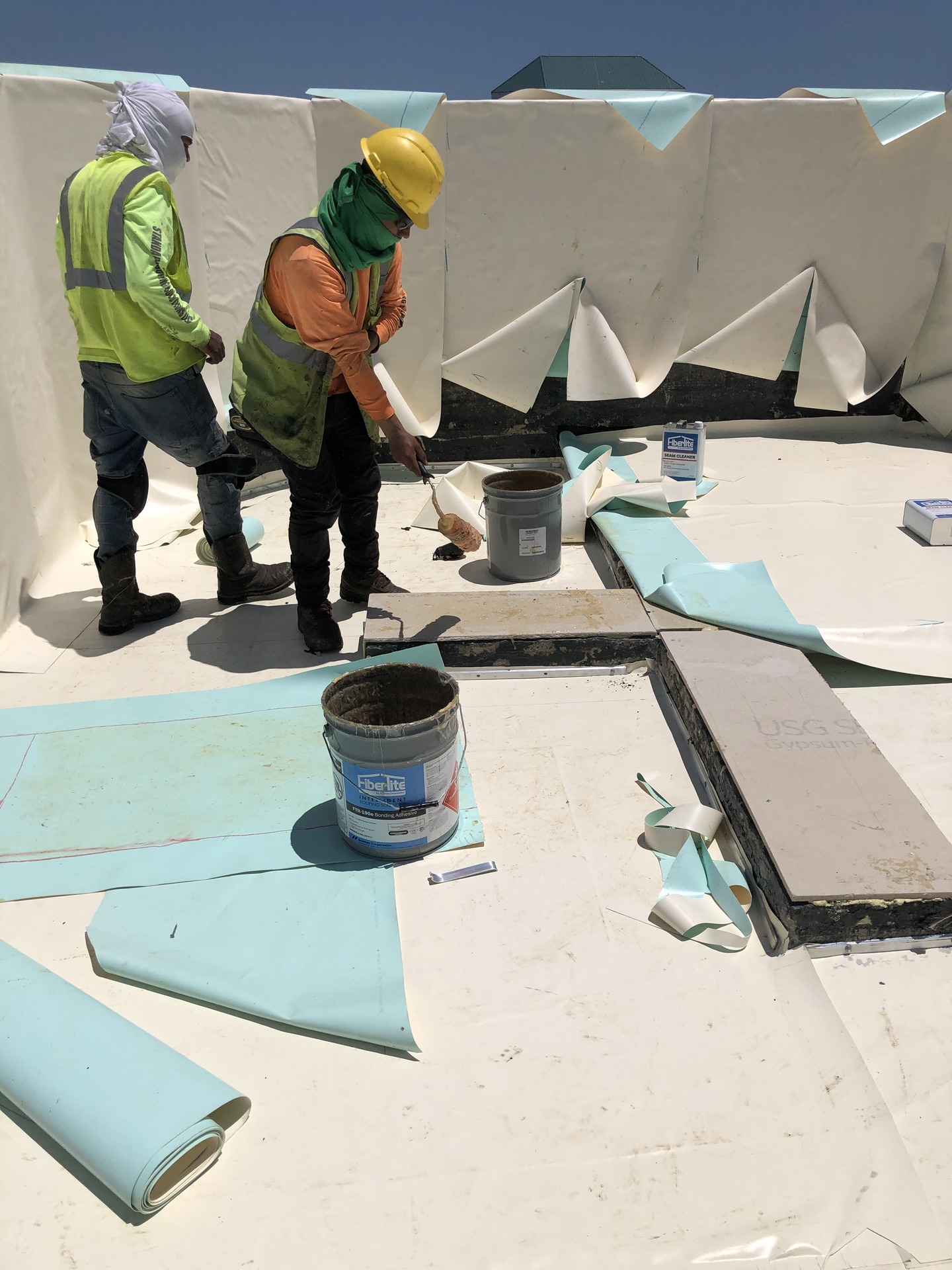What Is Sustainable Construction?

Sustainable construction seeks to reduce the environmental impact of building projects by using renewable materials and minimizing energy consumption. It focuses not only on the construction phase but on the entire life cycle of a building.
This approach embraces the idea that the design, materials, and operational practices should all work harmoniously with the environment. With efficient energy systems, reducing waste, and using sustainable resources, builders can contribute to a healthier planet while creating structures that stand the test of time.
The construction industry is one of the largest consumers of natural resources. It contributes significantly to energy usage and CO2 emissions. Its impact on the environment is substantial, not only in the materials used but also through heavy machinery and equipment that still rely heavily on fossil fuels.
As the world grapples with climate change, there is an increasing push for greener practices within this sector. Construction companies are finding ways to integrate renewable energy, adopt sustainable materials, and optimize their processes to create more energy-efficient buildings.
What Makes Sustainable Construction Different?
Sustainable construction involves more than just using green building materials at its core. It requires rethinking how buildings are designed and constructed. Sustainability in this context means minimizing environmental costs during construction and operational phases.
This includes incorporating solar panels, energy-efficient insulation, and decreasing reliance on traditional energy sources such as fossil fuels. Sustainable design goes beyond using eco-friendly materials—it involves creating buildings that conserve energy, minimize waste, and last longer without extensive repairs or renovations.
Reducing Energy Use in Construction
One of the main pillars of sustainable construction is reducing energy consumption. This can be achieved through better building practices that emphasize energy efficiency. Solar panels are a great example of renewable energy sources that are being integrated into more building projects.
On construction sites, modular battery systems that charge via solar panels can offset fuel consumption. These innovations help reduce carbon footprints and promote eco-friendly building practices. They make construction more sustainable in the long run.
Sustainable Building Materials
The choice of materials plays a significant role in determining the sustainability of a construction project. Using renewable resources, such as sustainably sourced wood, helps reduce the environmental burden. Alternative materials like wool and mud bricks also offer a more eco-friendly option compared to traditional materials like concrete.
Concrete can be made more sustainable by incorporating recycled materials. This process minimizes the amount of carbon dioxide released during its production.
Additionally, using recycled plastic in construction materials limits waste and increases the durability of the materials. This is a key aspect of sustainable construction.
How Sustainable Construction Helps the Environment
Sustainable construction helps mitigate the negative environmental impact of the construction industry. The construction process becomes less environmentally harmful by using eco-friendly materials. It reduces energy consumption, and minimizes waste.
Furthermore, buildings designed to be energy-efficient require less energy to operate over their lifetime. This leads to reduced carbon emissions, lower utility costs, and less strain on natural resources. As the global focus shifts toward sustainability, adopting these practices in the construction industry becomes more important than ever.
Creating Lasting, Sustainable Solutions
Stone Building Solutions is committed to incorporating sustainable construction practices into our engineering and appraisal services. From construction monitoring to damage claims, we help clients build better, longer-lasting structures that minimize environmental impact. Contact us to learn more today.
